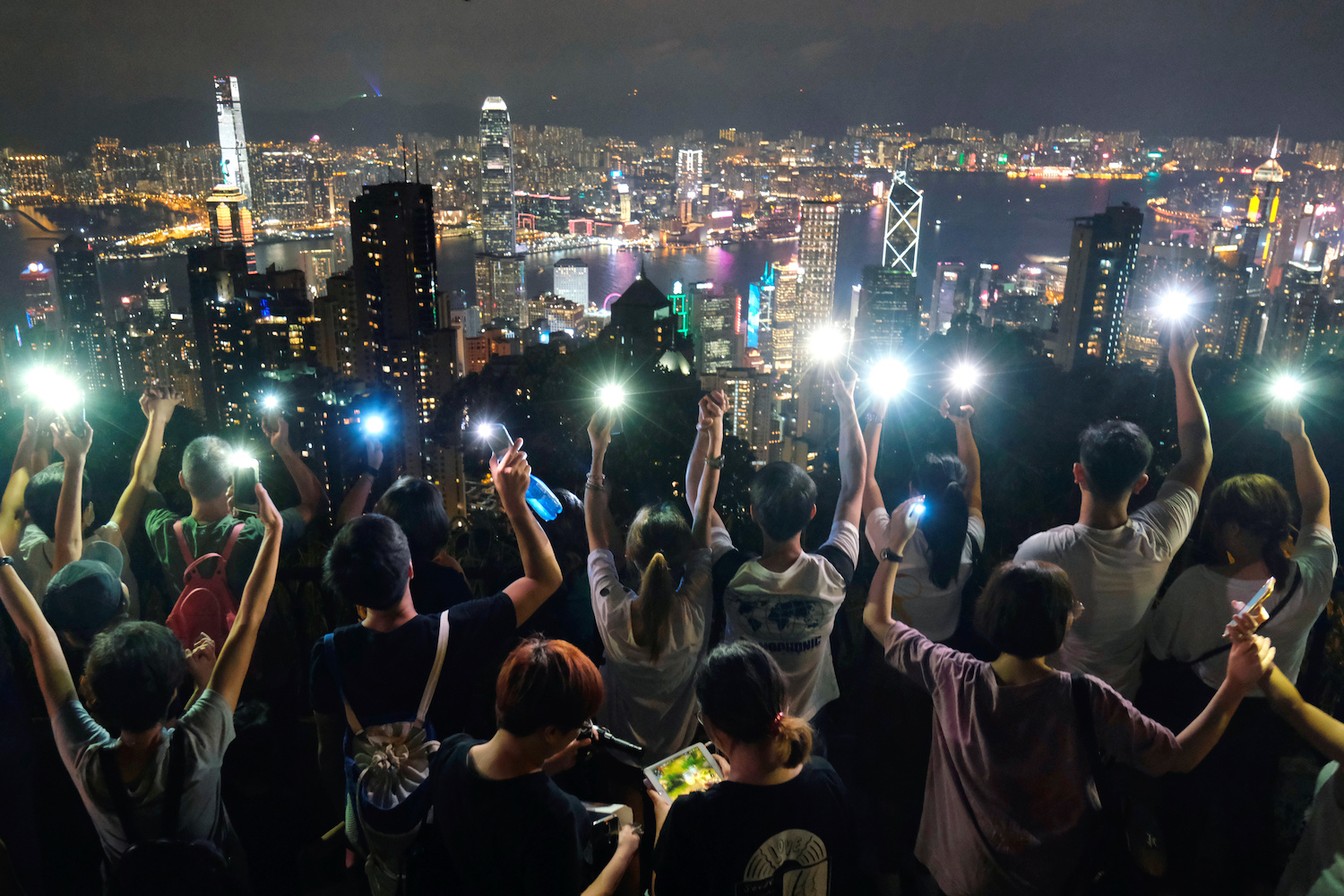
China accused Hong Kong tycoon Li Ka-shing of encouraging crime with recent comments in which he said the city’s authorities should “have mercy” in responding to unrest that has rocked the Asian financial hub for months.
The Communist Party’s top law enforcement body, the Central Political and Legal Affairs Commission, said that all people should be equal before the law. In an article posted on its WeChat account, it noted that some protesters had attacked police and citizens, set fires and participated in illegal assemblies.
“When you require to have mercy on those people, you are encouraging crime,” the article said. “This is not thinking for Hong Kong, but watching Hong Kong slide into the abyss.”
The 91-year-old Li, whose conglomerate is among Hong Kong’s biggest, made a plea last Sunday for reconciliation between the government and protesters as another weekend of demonstrations turned violent.
“We hope young people can consider the big picture, and government leaders can also have mercy on the masters of our future,” he said during an event at Tsz Shan Monastery, a Buddhist temple he helped to finance.
In a statement on Friday, Li said through a spokesman that he regretted if his earlier comments were misunderstood but has grown accustomed to “unfounded accusations”.
Li will not accept any violence or behaviours that challenge the law, and he hopes all parties to find room for conversation instead of instigating conflicts, his spokesman said.
Meanwhile, peaceful anti-government protests took place on Friday as people celebrated the Mid-Autumn Festival, but another weekend of unrest is seen as likely.
Groups of people gathered in the evening in public parks, coastal areas, sports arenas and on tops of hills in various districts, holding lanterns on which their wishes were written.
“Liberate Hong Kong! Revolution of our times!” a group on Lion Rock chanted as they held lanterns and waved torches that lit up the ridge of the hill on the Kowloon Peninsula. “Five demands, not one less!”
Some of them held hands to form human chains while singing songs including a new protest song called Glory to Hong Kong, which has gone viral in recent weeks.
The lyrics of the song, which has been dubbed the territory’s unofficial anthem, mark the “tears and blood” shed by “martyrs” in the fight for freedom and a liberated Hong Kong.
Flash protests held in shopping malls in recent days also drew hundreds to gather and sing the song, while at the same time attracting pro-China fanatics waving Chinese flags and singing the national anthem.
Meanwhile, applications for marches on both Saturday and Sunday have been turned down by the police, citing the potential for violent scenarios.
“The police are biased toward banning our application,” said Jimmy Sham, convener of the Civil Human Rights Front who had planned Sunday’s march. “The people will only resort to ways other than legal ones to express their views.”
He said his organisation planned to hold other protests by the end of the month and on Oct 1, China’s national day. But bloggers have called for Sunday’s march to go ahead even without police approval.
The months-long social unrest shows no sign of ending despite government leader Carrie Lam’s recent decision to scrap a controversial extradition bill that sparked it.
Apart from calling for the bill’s full withdrawal, the protesters have sought an independent inquiry into alleged police violence, pardons for arrested protesters, a retraction of the official characterisation of the protests as “riots", and democratic reforms.